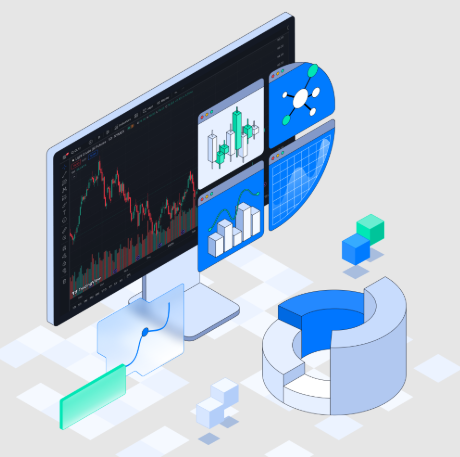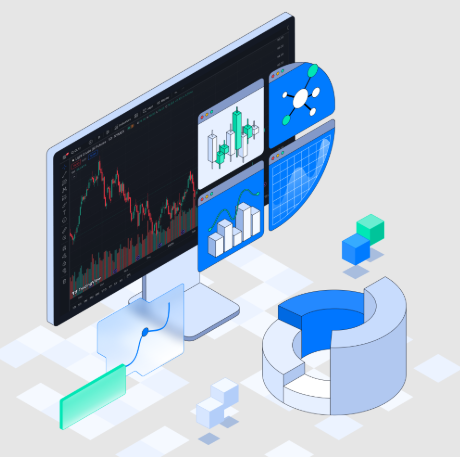The foreign exchange (forex) market is the largest and most liquid market in the world, with over $7 trillion traded daily. Its global, decentralized, and largely over-the-counter nature makes it incredibly attractive to traders. But this very openness also brings risk. Forex compliance isn’t a marketing checkbox; it’s a legal obligation that can determine whether your trading is profitable and sustainable or whether it ends in fines, frozen accounts, or worse.
Regulators around the world are paying increasing attention to forex regulation because the industry has become a magnet for illegal trading risks. Money laundering, tax evasion, cross-border capital flight, and fraud are all real threats. This is why many countries have tightened rules and are cracking down on unlicensed brokers and unregulated platforms.
Global Forex Regulatory Frameworks: Key Institutions and Principles
nlike centralized stock exchanges, forex is an over-the-counter (OTC) market with no global regulator. Instead, each country has its own frameworks, rules, and oversight agencies. Understanding these is essential for anyone navigating forex regulators.
The Commodity Futures Trading Commission (CFTC) regulates retail forex in the United States under the Dodd-Frank Law. To operate within the CFTC's regulations, brokers must register with the National Futures Association (NFA).
Leverage regulations are 1:50 for major currency pairs, 1:20 for minor currency pairs, with a minimum funding requirement of $20 million in net capital for brokers. The CFTC also requires brokers to disclose risk in a detailed disclosure.
Key Elements of Compliance: KYC, AML, and Fund Security
At the heart of forex compliance are three critical pillars: forex KYC, AML in forex, and client fund segregation. These aren’t just bureaucratic hurdles; they’re systems designed to protect you as a trader.
KYC (Know Your Customer)
- Verifies trader identity to prevent fraud.
- Typically requires government ID, proof of address, and sometimes a source of funds.
- Helps ensure only legitimate users can access services.
Forex KYC is legally mandated in most jurisdictions. Brokers use automated verification systems to make this process faster while meeting regulatory obligations.
Country-Specific Regulations and Their Impact on Traders
Where you live and where your broker operates both affect your legal obligations. Cross-border traders especially need to understand forex leverage limits, forex tax policies, CFD legality, and forex regulatory comparison across regions.
Leverage Limits by Country
- USA: 1:50 maximum on majors.
- EU: 1:30 due to ESMA rules.
- Japan: Even stricter at 1:25.
These caps exist to reduce retail trader risk. High leverage can amplify both gains and catastrophic losses. For traders, these limits mean adjusting position sizes and strategies depending on their broker's jurisdiction.
Conclusion
Forex compliance isn’t a barrier to trading; it’s your moat. Traders who treat compliance as a core part of their strategy don’t just avoid fines, they protect their funds, their legal standing, and their long-term profitability.Your choice of broker is the most important compliance decision you’ll make. Here’s how to apply the principles of choosing forex brokers, regulated forex brokers, licensed forex brokers, and identifying forex scams.
For more info:-







Comments